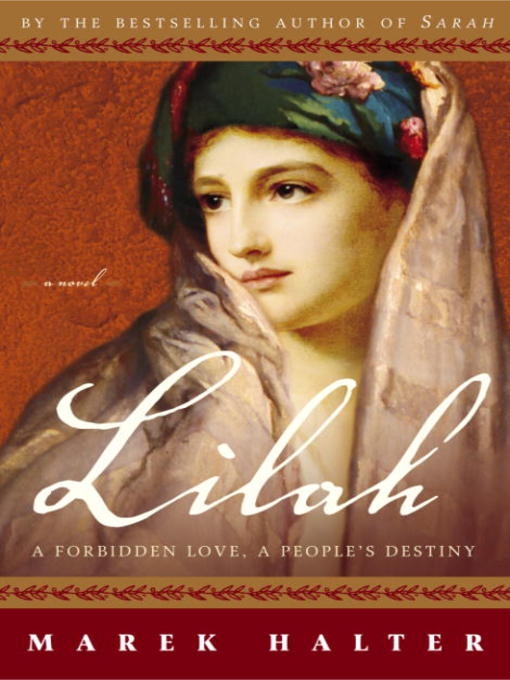
Lilah
Canaan Trilogy, Book 3
کتاب های مرتبط
- اطلاعات
- نقد و بررسی
- دیدگاه کاربران
نقد و بررسی

April 17, 2006
In his final installment of the Canaan Trilogy (Sarah
; Zipporah
), Halter ambitiously tackles portions of the complicated biblical book of Ezra, which centers on the rebuilding of the Jerusalem temple and calls Israel to ethnic and religious purity. In the Persian town of Susa, the beautiful Lilah dreams of marrying her Persian lover and childhood sweetheart, Antinoes. However, her beloved brother Ezra, who has immersed himself in studying the laws of God, refuses to approve of their union since Antinoes is not a Jew. As the story unfolds, with scenes full of rich detail, Lilah becomes the unlikely instrument of gaining royal approval for the Jewish people to return to Jerusalem and rebuild the holy city. However, once there, Ezra orders all non-Jewish wives and children driven away in what is surely one of the most heart-wrenching episodes directly from scripture. A horrified Lilah repudiates her brother and leaves with them. As the cast-off women wander unprotected outside the city, rape, murder and mayhem ensue. (It's confusing that Lilah narrates one violent scene, but readers are unsure how she survives it.) As in Sarah
and Zipporah
, there is plenty of highly charged sexuality and some imaginative storytelling. Unfortunately, as with its predecessors, the story trails off, and the ending is unsatisfactory.

June 1, 2006
Halter, who has successfully brought to life " Sarah" (2004) and " Zipporah" (2005), ends his sweeping Canaan trilogy with the story of Lilah, the sister of the prophet Ezra, who led his people back to Jerusalem from the Babylonian exile. After securing an audience with the king of Babylonia, which paves the way for the return to Jerusalem, Lilah makes the arduous journey alongside her brother, even though it means leaving her longtime love, Antinoes (the novel takes the form of a missive from Lilah to him). In the course of rebuilding the temple in Jerusalem, Ezra becomes so extreme in his beliefs that he bans non-Jewish wives and children to preserve the purity of his people. Disgusted at his decision, Lilah leaves with the exiled women, facing a bloody, terrifying future. This tale is considerably darker than Halter's previous biblical stories, which may limit its popularity. But it is a fine novel nonetheless, and Halter brilliantly succeeds in showing how extremism twists and perverts the underlying, unifying messages of all religions. Add this one to your list of " Red Tent"read-alikes.(Reprinted with permission of Booklist, copyright 2006, American Library Association.)

























دیدگاه کاربران